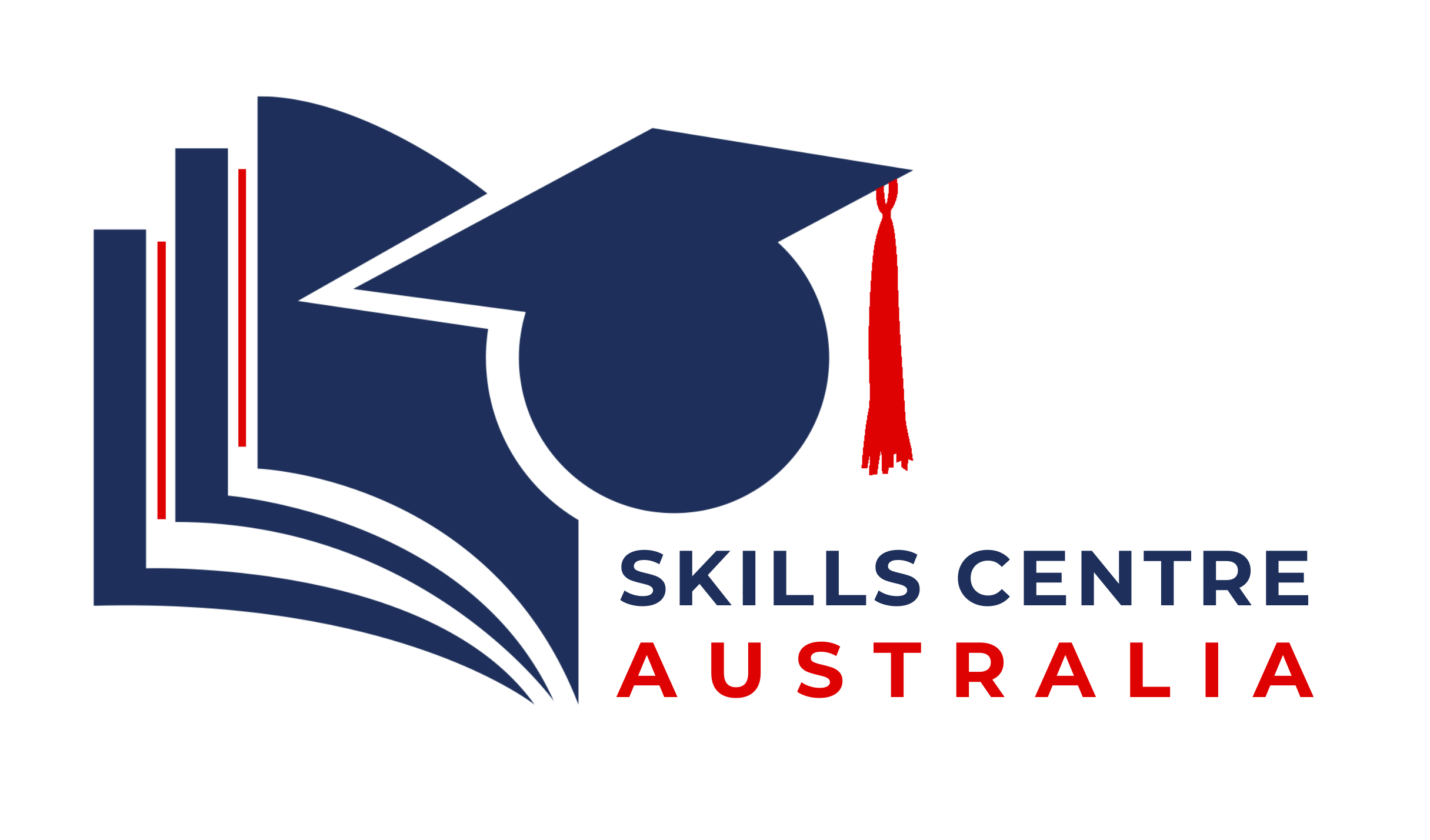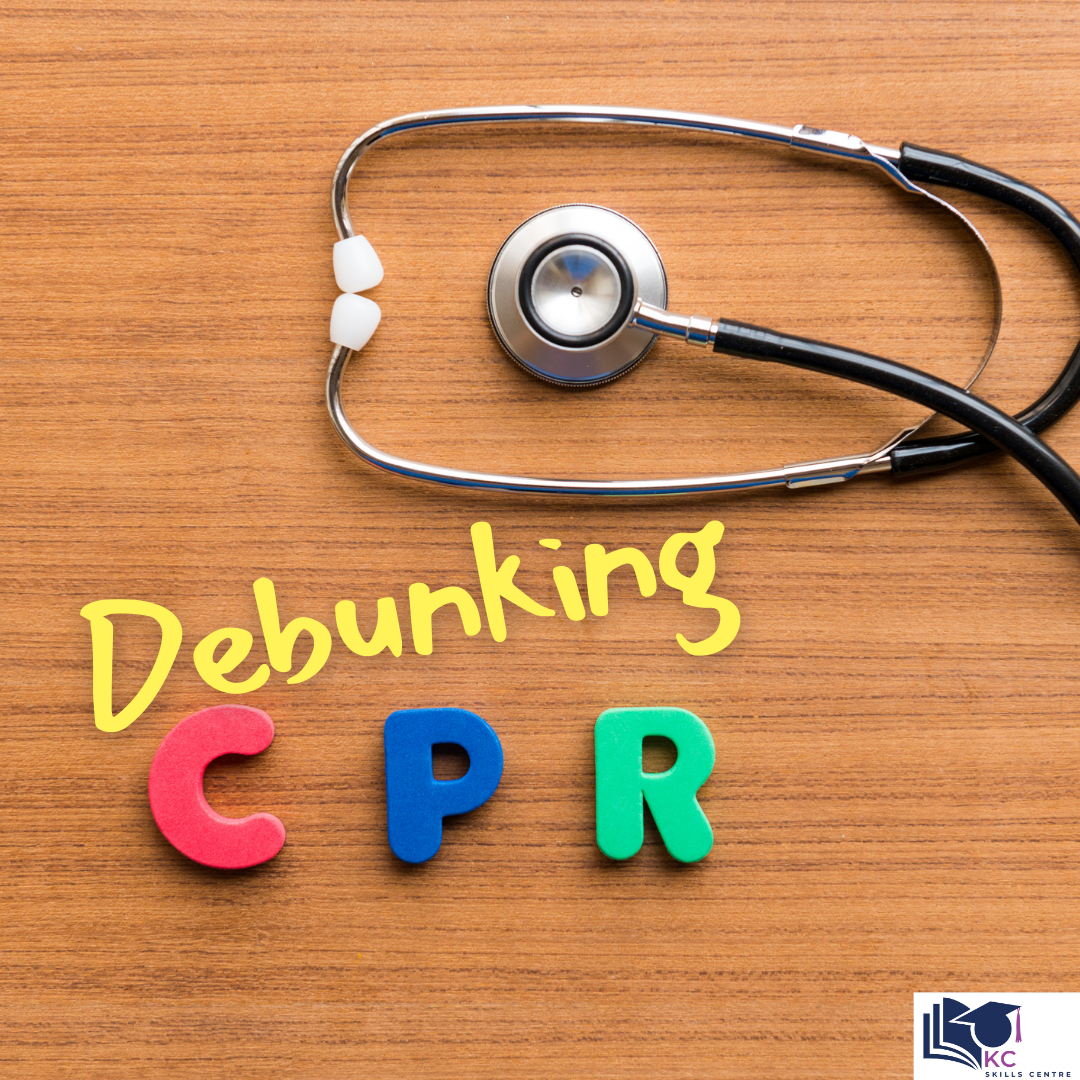Cardiopulmonary resuscitation (CPR) is a crucial life-saving technique that everyone should be familiar with. However, many myths surround the procedure, leading to misconceptions and errors that can cost lives.
This article aims to debunk these myths, highlight common mistakes made, and underscore the importance of proper training. Additionally, we will provide statistics about incidents in Australian homes where it has made a difference and introduce the accredited CPR and First Aid training course offered by KC Skills Centre in Adelaide.
Debunking CPR Myths
Myth 1: Only Professionals Can Perform It
One of the most pervasive myths is that only medical professionals can effectively perform it. In reality, anyone trained in basic CPR can save a life. Immediate action is crucial; bystanders can make a significant difference before emergency services arrive.
Myth 2: It Always Involves Mouth-to-Mouth Resuscitation
Another common misconception is that it always requires mouth-to-mouth resuscitation. While traditionally it includes rescue breaths, hands-only CPR, which focuses on chest compressions, is equally effective in many situations, particularly in adult cardiac arrests.
Myth 3: It Will Always Restart the Heart
CPR is not intended to restart the heart but to maintain blood flow to vital organs until professional help arrives. It helps preserve brain function and extend the window of opportunity for advanced medical treatment.
Myth 4: You Can’t Hurt Someone While Performing It
While it’s true that it can sometimes cause rib fractures or other injuries, the alternative is far worse. Not performing CPR can lead to death. The benefits of performing it far outweigh the risks of potential injuries.
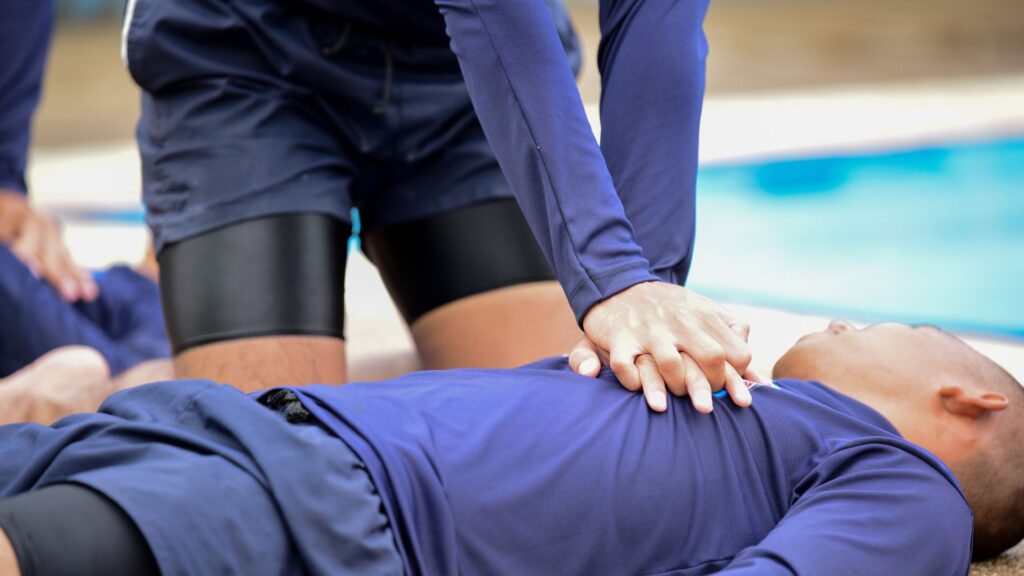
Common Mistakes in Performing CPR
Mistake 1: Inadequate Depth of Compressions
Effective chest compressions are crucial for maintaining blood flow. Many people do not compress the chest deeply enough. Adults require compressions at a depth of at least 5 cm (2 inches).
Mistake 2: Incorrect Compression Rate
The optimal compression rate is 100-120 compressions per minute. Going too fast or too slow can reduce the effectiveness of CPR. Using the beat of a song like “Stayin’ Alive” by the Bee Gees can help maintain the correct pace.
Mistake 3: Not Allowing Full Chest Recoil
It’s essential to allow the chest to return to its normal position between compressions. Incomplete recoil can decrease the effectiveness of each compression and reduce blood flow.
Mistake 4: Delaying or Hesitating to Start CPR
Every second counts in a cardiac arrest situation. Hesitating or delaying CPR reduces the victim’s chances of survival. Immediate action is crucial.
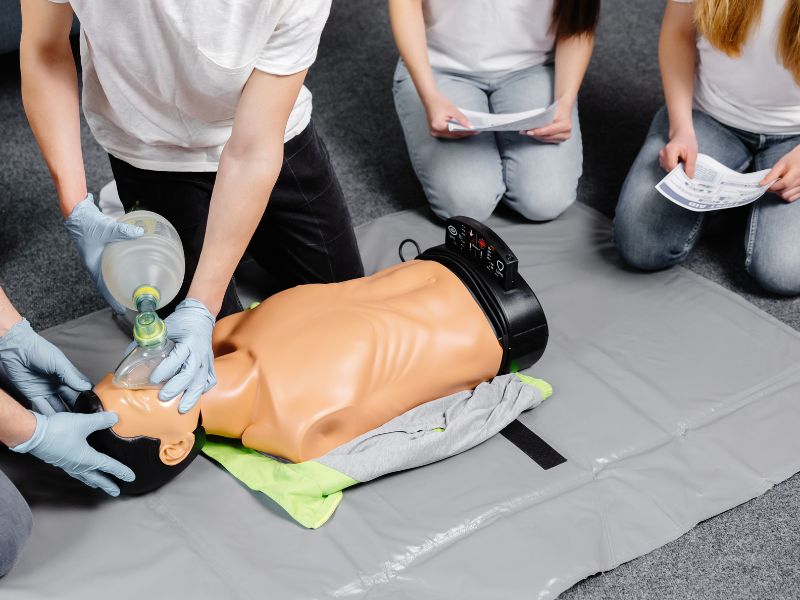
CPR Statistics in Australian Homes
According to the Australian Bureau of Statistics, over 30,000 cardiac arrests occur outside of hospitals each year, and approximately 70% of these happen in the home. Quick intervention with CPR can double or even triple a person’s chance of survival.
Survival rates increased significantly in cases where bystanders performed CPR. These statistics underscore the importance of widespread CPR knowledge and training.
Accredited First Aid Training by KC Skills Centre
At KC Skills Centre, we are dedicated to equipping individuals with the skills and confidence needed to perform CPR and other first aid procedures effectively. Our First Aid Training Adelaide course is accredited and designed to meet national standards. The course covers:
- Basic Life Support: Including for adults, children, and infants.
- Use of Automated External Defibrillators (AEDs): Learning how to operate AEDs effectively.
- Emergency Response: How to handle various emergency scenarios confidently.
- Hands-on Practice: Ensuring that participants get ample practice with realistic simulations.
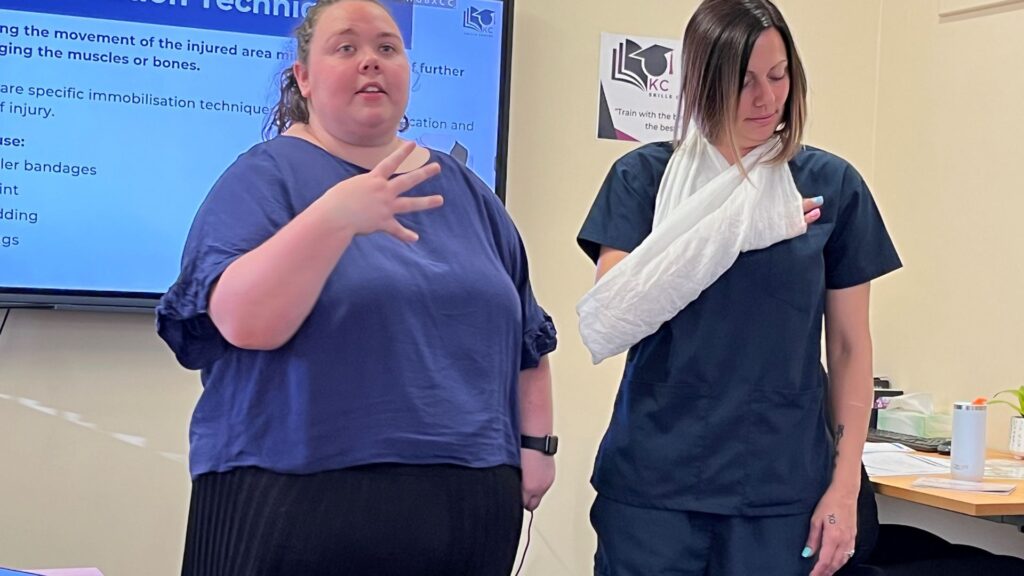
Our experienced instructors provide comprehensive training, ensuring each participant leaves the course ready to respond in an emergency.
Our training combines theoretical knowledge with practical skills, making it suitable for individuals, workplaces, and community groups.
CPR is a vital skill that can save lives, but myths and misconceptions surround it. By debunking these myths, understanding common mistakes, and learning from real-life statistics, we can improve the effectiveness of CPR in emergencies.
KC Skills Centre’s accredited First Aid Training Adelaide course offers the essential knowledge and hands-on experience to perform CPR confidently and correctly.
Don’t wait until it’s too late—invest in life-saving skills today and make a difference in your community.
